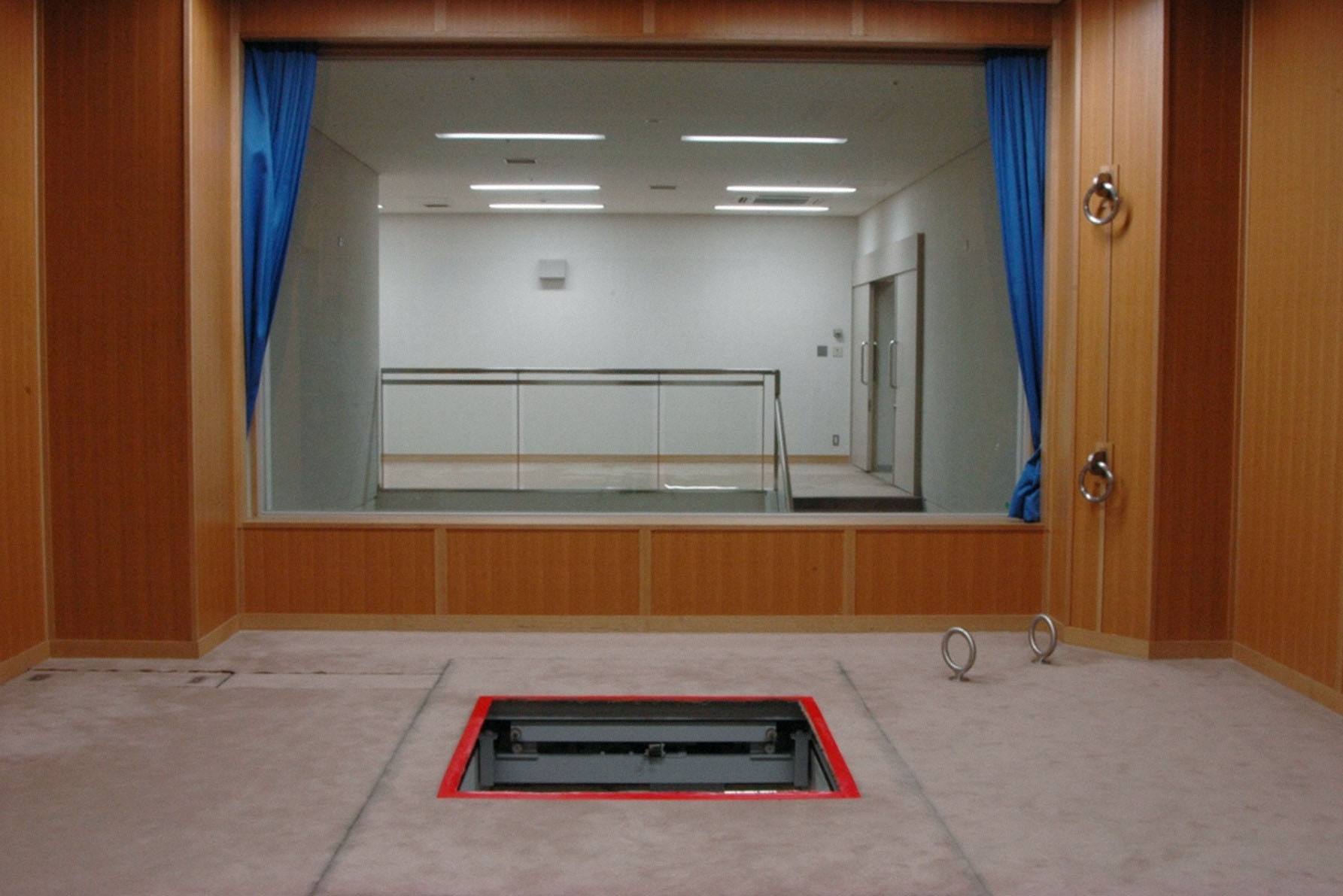In July 2010, then-Justice Minister Keiko Chiba signed execution orders for two convicted murderers. At the time, she had just lost her Upper House seat but approved the hangings before the election, though that wasn't what confused people. Chiba opposed the death penalty and said she approved the death warrants in order to create a "chance for the public to discuss capital punishment," since the lay-judge system charged citizens with deciding such cases. In order to prove her seriousness, she attended the executions, becoming the first justice minister ever to do so.
Regardless of Chiba's logic — sending two men to their deaths to spark debate over whether or not it's the right thing to do — the conversation never happened because the media didn't start one. They breathlessly cover murder trials and profile suspects who face the death penalty, but once a sentence is handed down, they fall back — until the execution takes place, and even then they just repeat what the Justice Ministry says.
A notable exception is Tokyo Shimbun's long and detailed series — more than 40 articles — on Keiki Kano following his hanging in February 2013, which, in addition to explicating the condemned man's life, endeavored to recreate what happened the day he died through interviews with those involved. What makes an impression is the contrast between Kano's belief that he deserved to die for killing two women in cold blood and the anguish he went through of never knowing when his execution would take place, since it is the policy of the Justice Ministry to keep this information from death-row inmates until the morning they are to be hanged.



